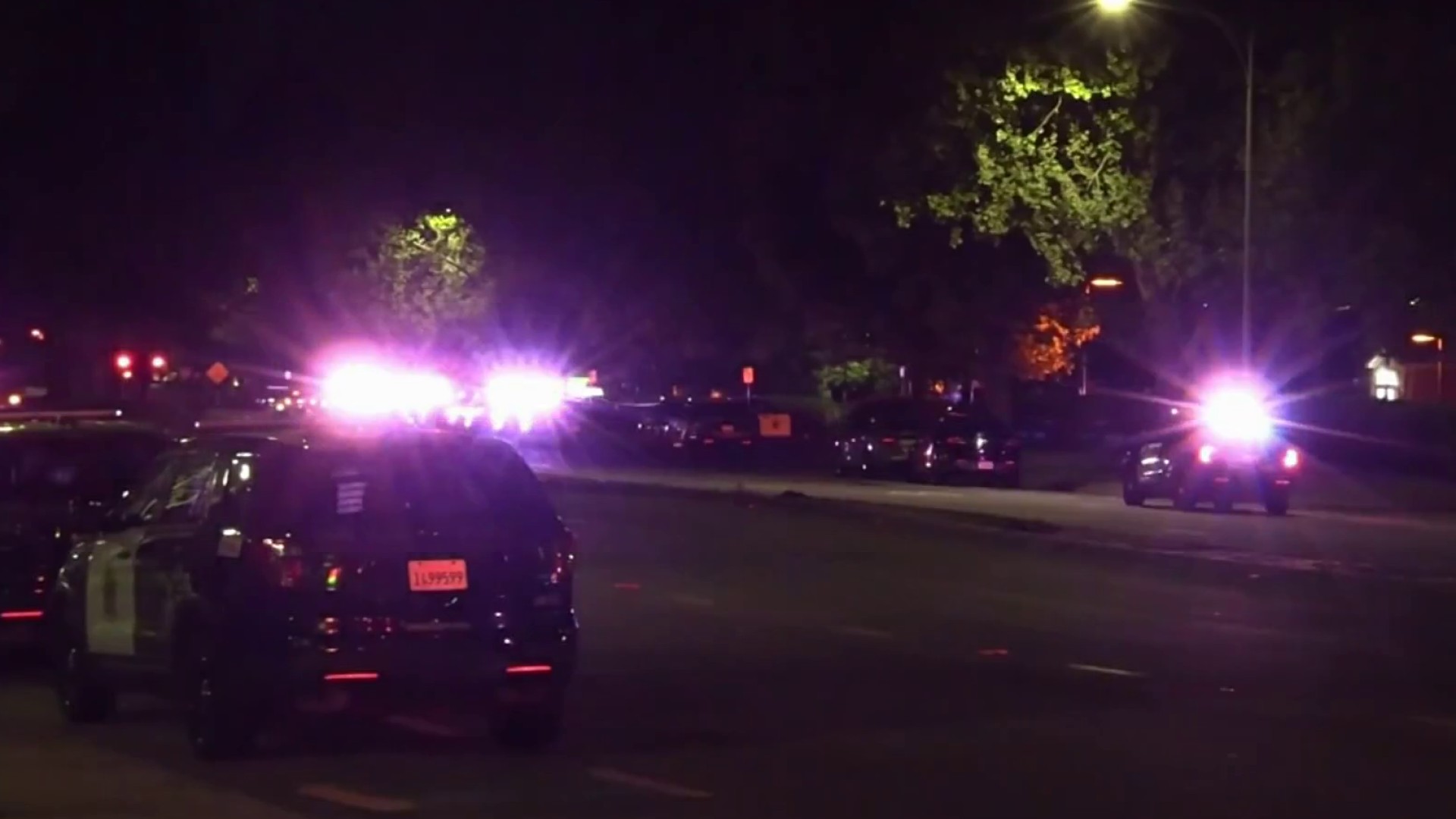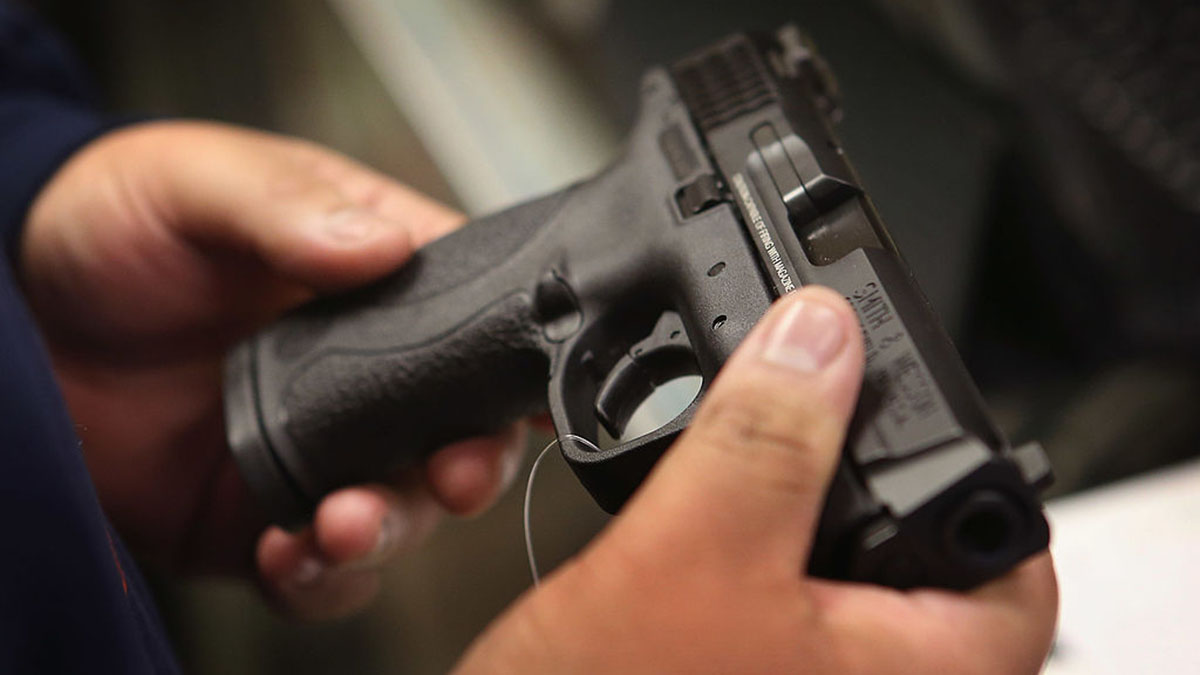Editor’s note: The Dental Board of California is accepting public input on dental anesthesia until Friday, Oct. 28. If you’d like to voice an opinion, e-mail Karen Fischer, the board’s executive director, at: Karen.Fischer@dca.ca.gov.
TRACY – Mariela Montoya sobs when she recalls the day she took her two-year-old son to the dentist and he never came home.
Acting alone in February 2015, the dentist sedated 2-year-old Alejandro with a local anesthetic to treat a rotten molar.
But following the procedure, Alejandro was rushed to the hospital where Montoya says the diagnosis was brain damage.
“They said it was probably from the anesthesia,” she said. “It was a lot.”
Montoya then had a heartbreaking choice: whether to keep Alejandro on life support.
“It was hard,” she said, crying. “I knew he wasn’t going to wake up… I knew then that he was gone.”
Alejandro’s death echoes the case of Caleb Sears. He’s the 6-year-old boy from Albany who died after visiting a dentist who simultaneously administered anesthesia and removed a tooth.
- CALEB’S STORY: Dental Anesthesia Under Scrutiny
The circumstances are somewhat different, but the outcome is the same. Both little boys are dead. And the state accused both dentists of failures in drug dosing and monitoring.
Local
REQUIRED REVIEW
After Caleb’s death in 2015, the state legislature ordered the Dental Board of California, which licenses and polices dentists, to study the safety of dentists giving kids anesthesia.
“I keep thinking I wish someone else had done this,” said Eliza Sears, Caleb’s mother. “I wish someone else had done this years ago and saved Caleb.”
The state has never before tracked how many kids’ die. NBC Bay Area tried, but discovered records that are heavily redacted and inconsistent. Some dentists send in detailed reports when something goes wrong; others submit just a few sentences.
Dentist Bruce Whitcher reviewed the same data for the board. His study found nine deaths over the past five years. Whitcher spoked at an October board meeting.
“There doesn’t seem to be a clear pattern,” he said.
POSSIBLE CHANGE
Still, the board is considering change -- steps that many states have already taken.
- Requiring three people during complex anesthesia
- Requiring dentists to get a special permit to sedate children
- Requiring more expertise for dental assistants.
“I think we’re doing a lot of things right; I think there are some things we can do better,” Whitcher said.
But several experts say these possible changes don’t go far enough.
The American Academy of Pediatrics is calling on the board to ban dentists from administering anesthesia while also performing a procedure.
Pediatrician Dr. Paula Whiteman spoke to the board.
“Not one more healthy California child should suffer a potentially preventable death in a dental chair,” she said.
CLOSE CALLS CONSIDERED
Some experts say even the cases that don’t end in death are important. Yet those aren’t tracked either.
So, NBC Bay Area spent months reviewing 380 state accusations against dentists. In those involving anesthesia, some patients recovered, but others were left with conditions as severe as brain damage.
Loma Linda University Dental Professor Larry Trapp argues the era of dentists administering anesthesia themselves should end.
“We’ve got to go with the highest level of care until proven otherwise,” he said. “And that to me, is having an anesthesiologist and a surgeon assigned to each case.”
Board president Doctor Steven Morrow acknowledged the stark contrast between the board’s preliminary fixes and testimony of several experts. Yet, he said the dental board is open to change.
“We will take those additional comments under consideration and we will continue to develop our recommendations. They are not finished yet,” he said.
YOUR VOICE, YOUR CALL
The board has heard from multiple interest groups: dentists, pediatricians, oral surgeons, anesthesiologists, etcetera. Yet, it has heard from exactly zero patients like you -- the people their decision will impact the most.
There are still four days left for you to speak up.
The Dental Board of California is accepting public input until October 28. If you’d like to voice an opinion, e-mail Karen Fischer, the board’s executive director, at: Karen.Fischer@dca.ca.gov.
The board plans to make recommendations in early December.
No matter what the dental board does, you always have the final word. It you want a separate anesthesiologist to sedate you, ask for one. If your dentist won’t honor your request, you have the right to cancel the procedure and find one who will.



